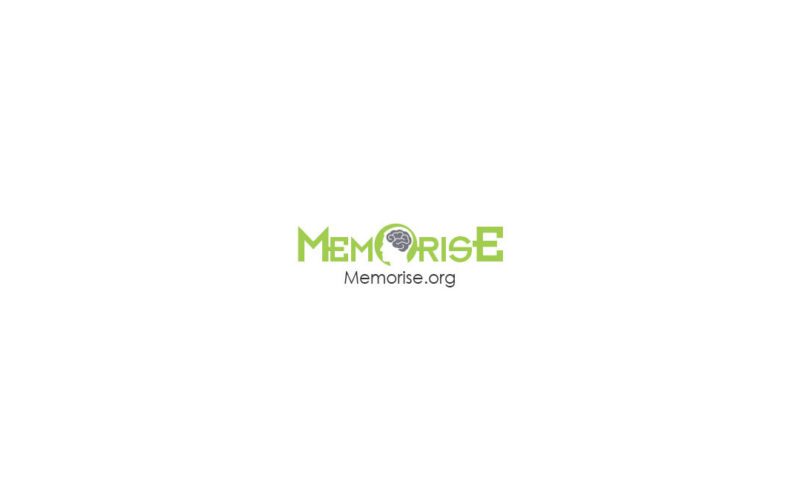According to a September 21st (2011) article in the Journal of Neuroscience, stimulating a specific region of the brain leads to the production of new brain cells that can enhance memory. Before you go trying to shock yourself into a better memory, you need to continue reading.
An animal study finding shows how deep brain stimulation (DBS), where a clinical intervention delivers electrical pulses to targeted areas of the brain, may work to improve your memory and cognition.
“DBS has been quite effective for the treatment of movement disorders, such as Parkinson’s disease, and has recently been explored for treatment of a range of neurological and psychiatric conditions,” said Paul Frankland, PhD, of The Hospital for Sick Children (SickKids), senior author of the study. “These new findings have important clinical implications as they inform potential treatments for humans with memory disorders.”
New cells are constantly being produced in the hippocampus of the brain — the learning and memory center. From this new study, Frankland and his colleagues found that one hour of electrical stimulation to the entorhinal cortex (EC), the hub and bridge of the memory center for all other areas of the brain to the hippocampus, led to an increase of twice the number of new cells being formed in the hippocampus. Although the cell growth was only temporary, lasting about a week, the cells that were produced during this time developed normally and made connections with other nearby brain cells.
Researchers went back six weeks later to find out if the new cells produced any memory changes. They tested how well the animals learned to navigate onto a landing submerged in a small pool of water. The mice that did not receive the therapy spent more time swimming near the landing. This could indicate that stimulation of the EC improved spatial learning (ability to navigate around your surroundings).
“To date, the neurobiological basis for the clinical effect of DBS has not been well understood,” said Daniel A. Peterson, PhD, of the Rosalind Franklin University of Medicine and Science, an expert on stem cells and brain repair who not affiliated with the study. “This study suggests that the stimulation of specific brain circuitry may result in the development of new functional brain cells in particular brain regions.”
In the preliminary phases of a related study, researchers led by Andres Lozano, MD, PhD, of Toronto Western Hospital, recently published a Phase I clinical trial showing that deep stimulation of the fornix – a brain region that also communicates directly with the hippocampus, slows down memory decline in some people with dementia and other cognitive impairments. “The pro-cognitive effects of deep brain stimulation in human patients may result from the production of new neurons,” Frankland said.
This is Ron White, two-time USA Memory Champion , memory training expert, and memory keynote speaker. These studies can help with the ability to understand dementia and find ways to improve memory in patients with Alzheimer’s and other neurodegenerative disease. I look forward to reading more about their progress and passing it along.
Sources:
Medical Press — Electrical stimulation of brain boosts birth of new cells, may improve memory: http://medicalxpress.com/news/2011-09-electrical-brain-boosts-birth-cells.html



Comments are closed.